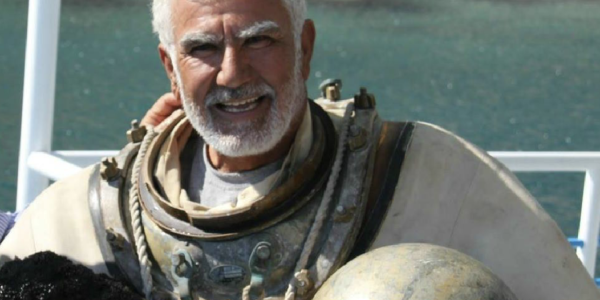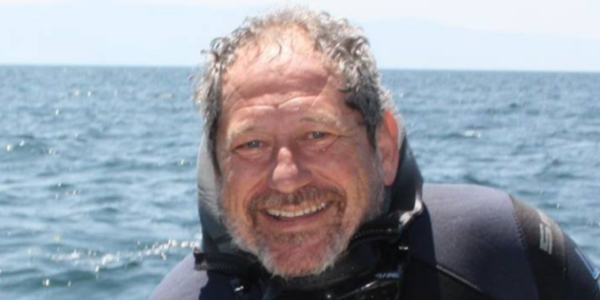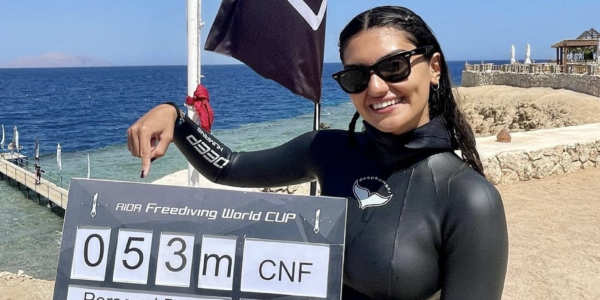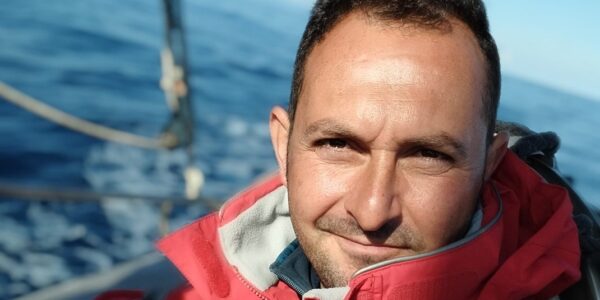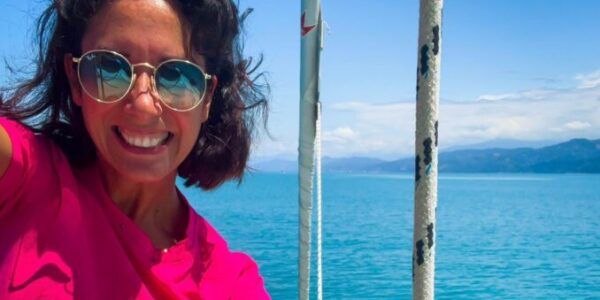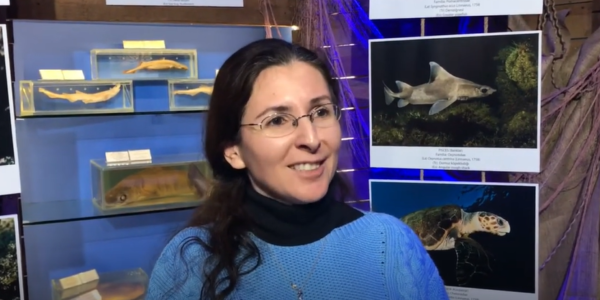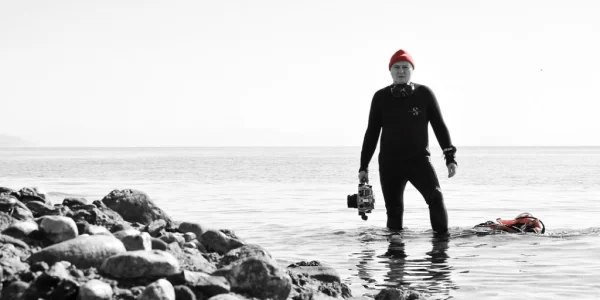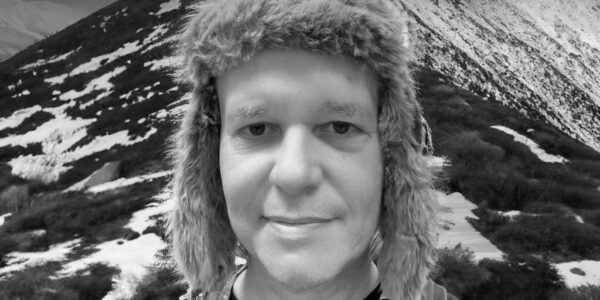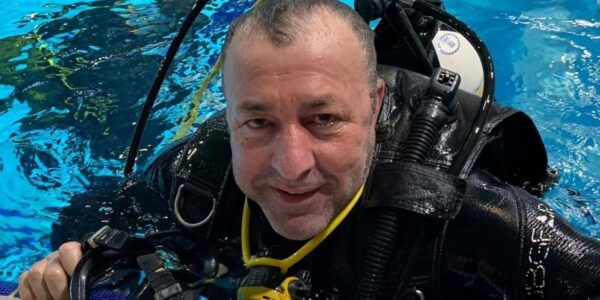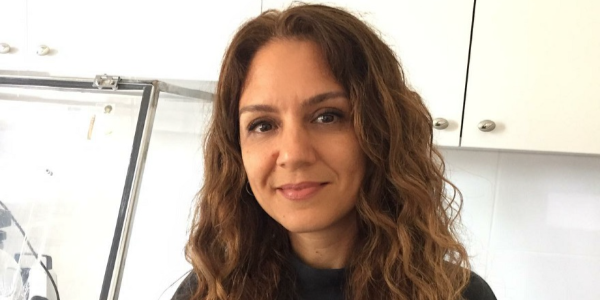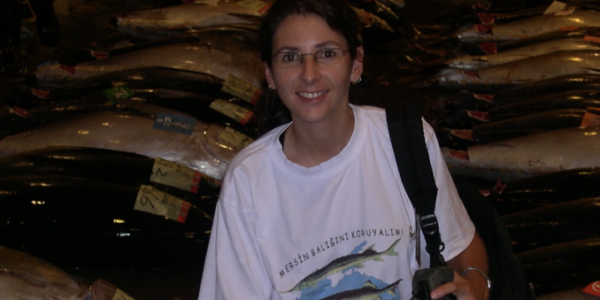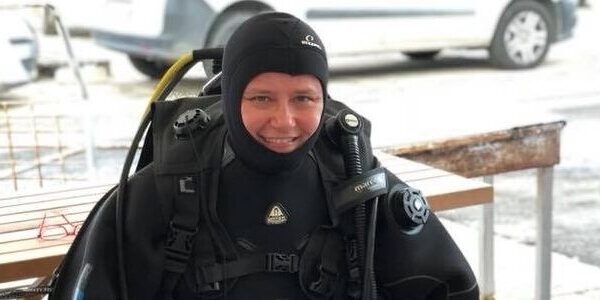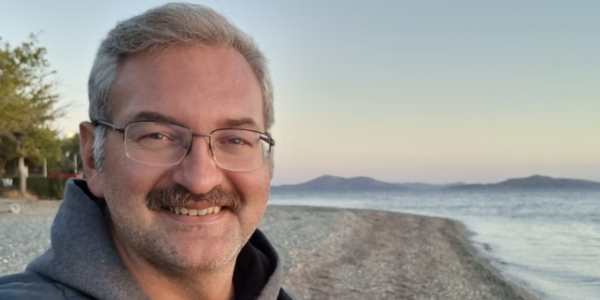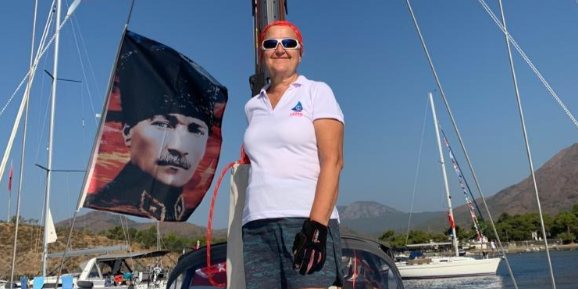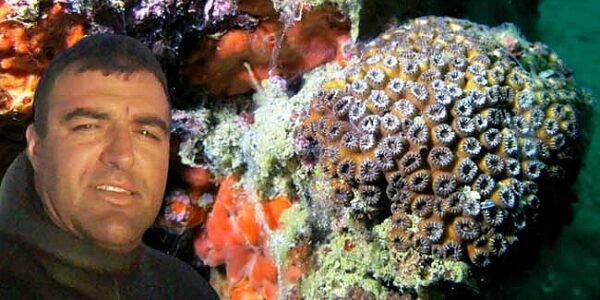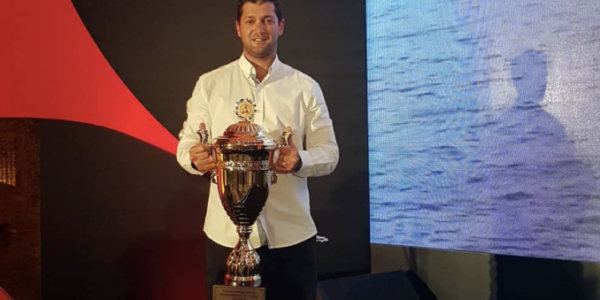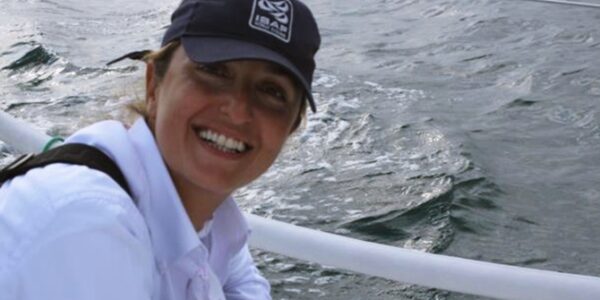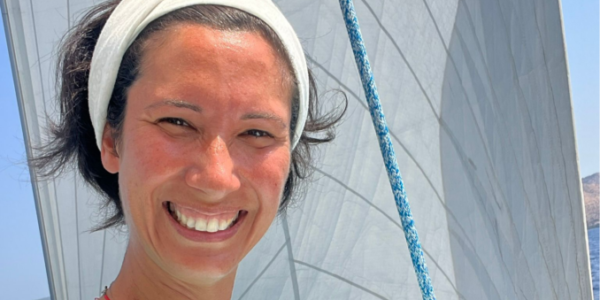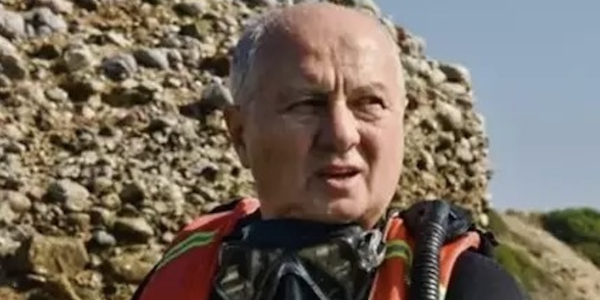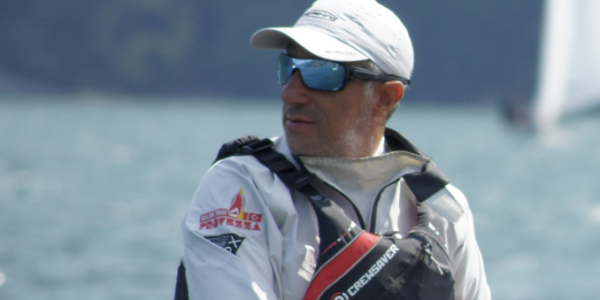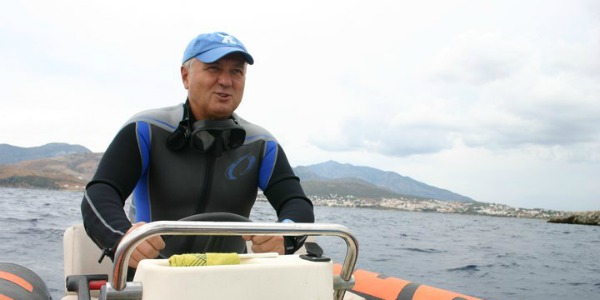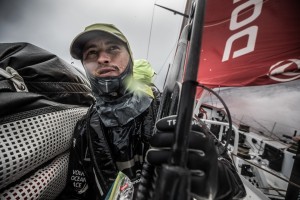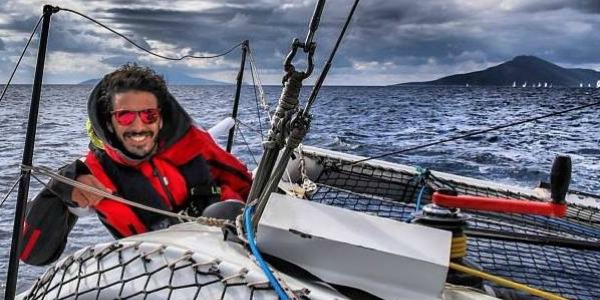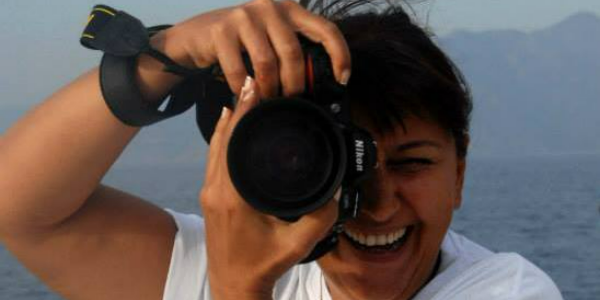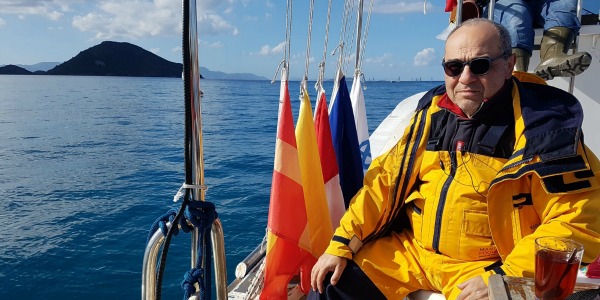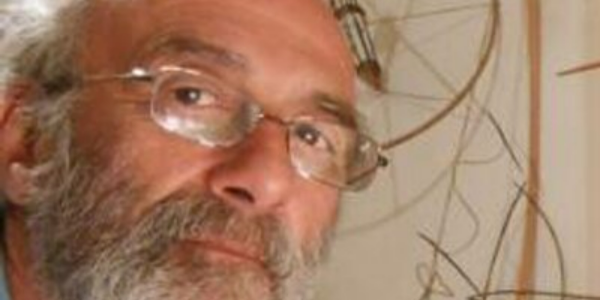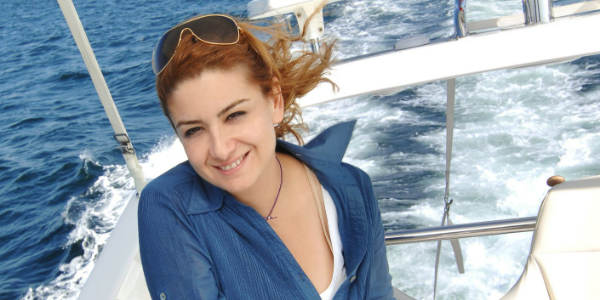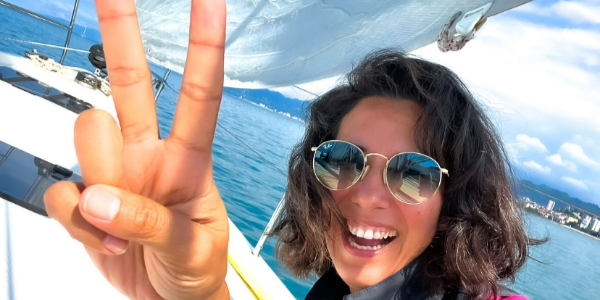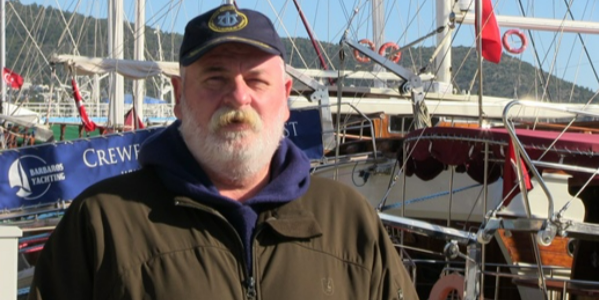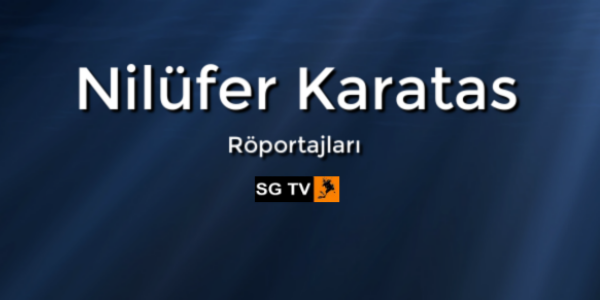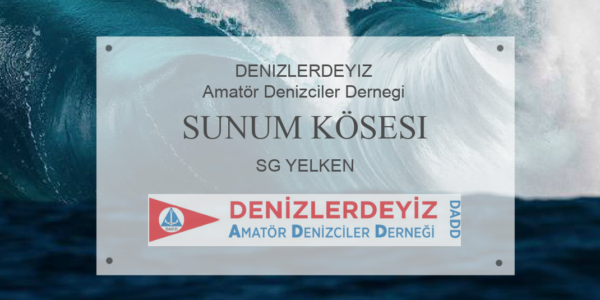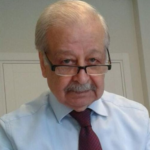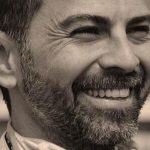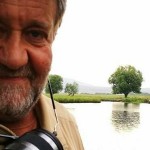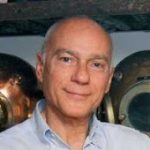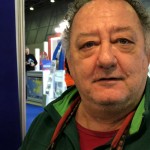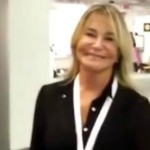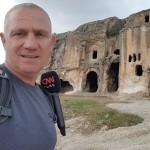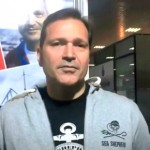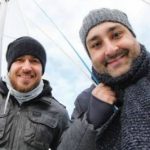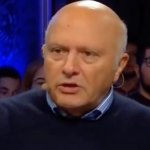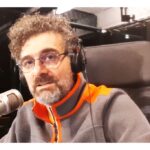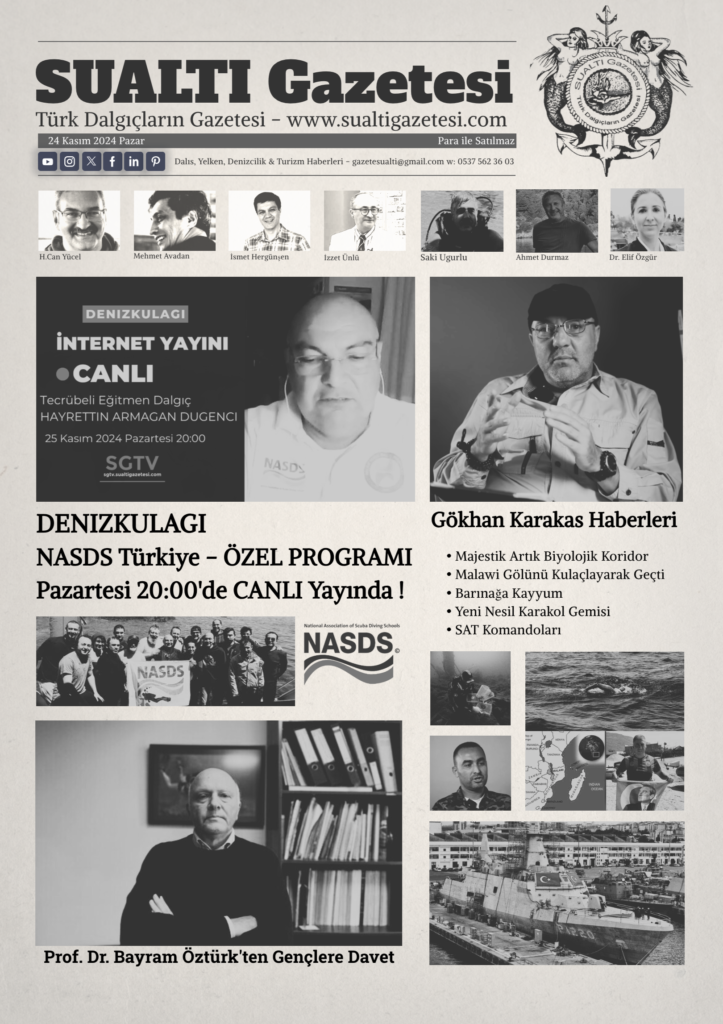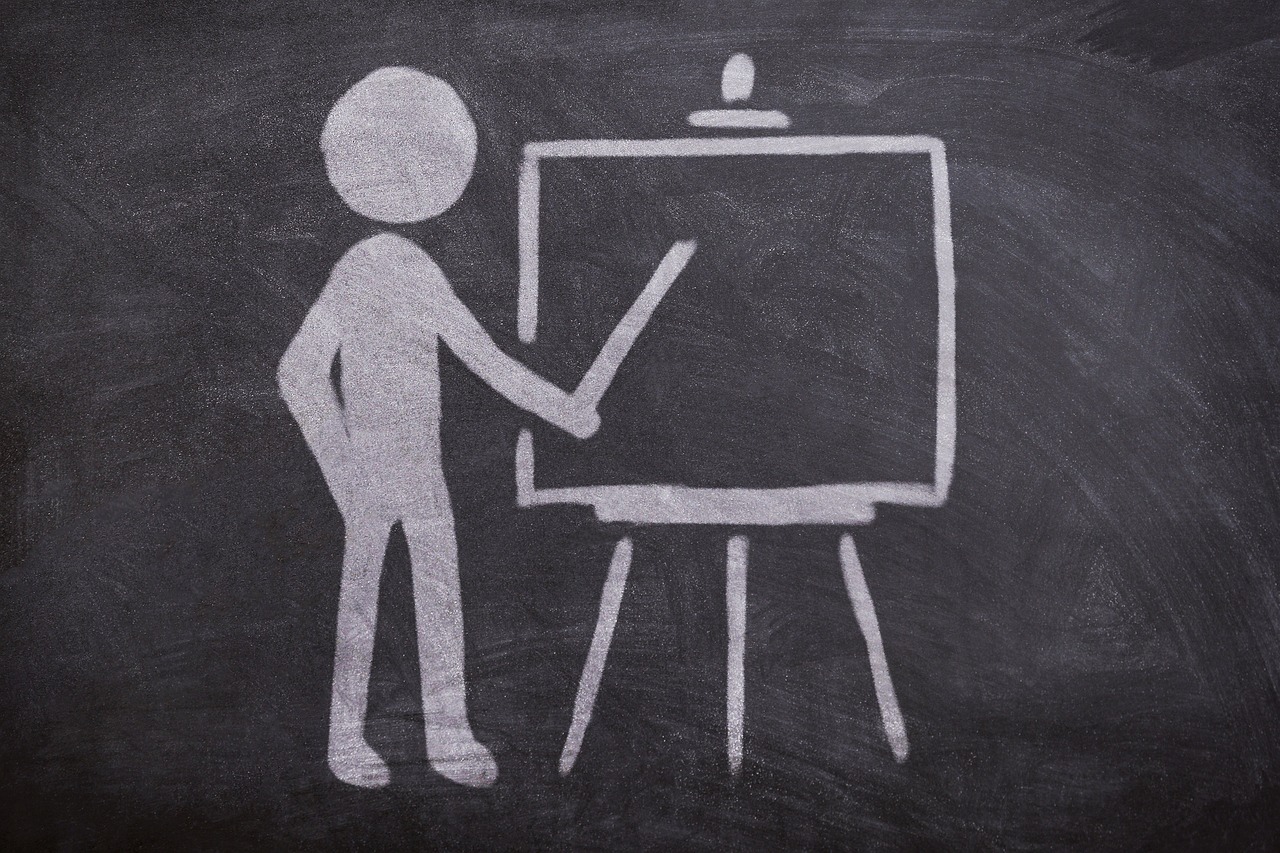Some young solo racers carry unrealistic dreams about competing on the Vendée Globe, looking to raise millions of euros to launch their perfect project, setting their sights too high for their ability or their value in the highly competitive sports sponsorship marketplace.
But Figaro racer turned Volvo Ocean Race winner Jack Bouttell wants to do the race so much he has simply grasped the nettle, gone ahead and spent what money he could afford buying himself the 2008-9 generation Owen Clarke IMOCA 60. As the Volvo Ocean Race was starting, a little over a year ago, he was offered an opportunity to buy the boat which started life as Spirit of Canada at a price which he could afford so he took it. After shipping it from Canada he now plans to be ready for next summer’s IMOCA season with a view to qualifying for the Vendée Globe.
With his future participation in the Vendée Globe solo race around the world in his mind he made sure that, as a key member of the winning Dongfeng Race Team, he sailed every leg of the Volvo Ocean Race to maximise his experience and test himself to the limit.
On Wednesday 16th January, two days before his 28th birthday Australian born, French based Bouttell, set off on the giant trimaran Spindrift Racing as part of Dona Bertarelli and Yann Guichard’s crew which will attempt to break the crewed round the world record. Hopefully this proves to be another success for Jackson who chose to stay on in the UK when his parents returned to Australia to live a dozen years ago because he wanted to pursue his dream of racing on the Vendée Globe. He cut his teeth in Hamble working in boatyards and sail lofts as an 18 year old before being selected to the Artemis Offshore Academy. His talent was evident when he won the Bizuth Prize as top rookie in La Solitaire du Figaro in 2013. He joined Dongfeng Race Team for the 2015 Volvo Ocean Race and was a full member of the winning sailing team, as bowman and offshore boat captain, in 2017-18.
VG: How does the Spindrift Jules Verne challenge fit in to your Vendée Globe programme?
In general it fits well because I want to keep the sailing side pretty full on and then once the 60 is on stream then just carry on doing as much sailing as I can. I think in the bigger picture just doing as much sailing is important.
So how did you come to buy Spirit of Canada?
The owner of the boat got in touch with the Dongfeng team looking to find some secondhand sails, asking if the Volvo sails would fit. In the end he came to Alicante and I met him. I mentioned I was interested in doing the Vendee Globe and we chatted some more. He wrote and told me the boat was for sale. And then he made me an offer which for an IMOCA was very reasonable. Effectively I bought the boat myself, putting in whatever I had. It was one of these moments where you have been saying ‘ I want to do the Vendée Globe’ and then the point comes where you say ‘I have to put my head on the line and go for it’ and take it on, then worry about the rest when it comes to you.
And what shape is your programme now?
Two months ago it was all looking very good and I had a sponsor lined up but then they pulled out. That was disappointing but you have to roll with the punches like that. We are not going to stop. We will keep pushing on through the winter and we will get there. The ideal plan is to have to the boat out of refit in the spring and then go sailing as soon as possible and then do the first races whatever they are in July. That is the main goal, looking to have the boat ready for then and then going on fully into the Transat Jacques Vabre and then the two Transats in 2020 and the Vendée Globe and in between all that as much sailing as possible, working on sponsorship and entertaining guests.
You have the personal backing and help from a few of the Dongfeng guys?
I have Bruno Dubois (former CEO of Dongfeng Race Team) pretty heavily involved in the project and he is helping a lot and pushing hard on the sponsorship side, and he has been a big part of the project so far and also Jean Sebastien Chénier Proteau (CAN) who was head of logistics with Dongfeng. He started with me as project manager as soon as I had bought the boat, he is very experienced in his world of expertise. And then on the other side I have Graeme ‘Gringo’ Tourrell and Neil Graham helping out a bit on the technical side. They will input where they can to make sure the boat is as good as it can be. And Charles Caudrelier and all of the sailing team are happy to come and help out with sailing when the boat is in the water. I have a really good team behind the project. It is just finding the funding which is the big thing.
You made a point of completing the whole Volvo Ocean Race, the full circumnavigation.
I regretted it a few times. When I first started and spoke to Charles the idea was that I would miss a couple of the legs like from HKG to NZL and another one, but as the project went on I was sailing more than anyone else and was offshore boat captain and so really did not have a direct replacement. Then Charles just took it for granted I would do every leg. That, at the time, was very, very hard, a very long race and downwind it is very intense mentally and physically. It is a real slog for a lot of the time. I had quite a few moments when I wanted a leg off, or did not want to carry on, needing time away from it. But with the support of my girlfriend and family I pushed to carry on and did the whole race. Looking back that was the right decision and I am so pleased I did. Mentally going forwards in the Vendée Globe and other projects, I know that I will be in that same position again, facing such lows, and I know myself so much better and that I can push through. That is so important for the Vendée Globe when you know you will hit such lows, for sure there will times when you are in a bad place.
How did you develop as a sailor on the Volvo in terms of what will be useful to you on the Vendée Globe?
I think that most of all my confidence developed. I am normally a very quiet person and really struggle in crewed situations and historically I never felt like I was doing a good job. I did not back myself enough. And I am not a great communicator. The biggest think I carry forwards from the Volvo is having really worked on that and filling roles and backing myself a bit more. For me it felt good to finish in that place. The Vendée Globe is a solo race of course but it is a team sport to get to start line.
The strength of your desire to do the race is such that you have gone for the best option available to you just now just to get going and prove yourself?
I would love to be in Seb Simon’s shoes and have, what I would imagine to be, eight to ten million euros with a brand new boat in build. That is the dream to have a boat being built specifically for yourself to do the race. That is the dream. I think at some point you have be realistic and just go for it. You have to find money. The starting point is always the same. IMOCA 60 budgets have been going up and up, three editions ago it was €3m to build a boat, now it is €5m to build a boat. It has stepped up a lot and there are more and more people doing it. But I just came to a point where I was realistic enough that first and foremost I want to the race. And I was at that point where I asked myself will I spend the rest of my life looking for €10m? And the answer was no. I want to get on and do it. Even if you are French there is a better system to find money. Seb Simon and Charlie Dalin get good in the Figaro and then find the money, stepping up from their programme with their profile. There is a pathway to follow and guys like that do get money. That is taking nothing away from them they are amazing, fantastic sailors but I am half English, half Aussie living in France to try and make this happen. And so this project came along and for me it was a real ‘just how much do you want to do the Vendée Globe?’ moment and then ‘so just put your head on the line and get on with it’. It is about making the best of what you have and getting on with it. (tweet this quote_
And what have you learned from working with Bruno Dobois (NDLR who is Bouttell’s ‘father in law’)?
I have learned a lot from Bruno on the business side and sponsorship, he has been around the block a few times. With project management I have learned from Bruno that whatever your starting point is, whether it is the perfect start point like we had with Dongfeng or like where he was with Franck Cammas just before the Cup started when they had little money compared to other teams, it is really all about making the best of what you have in terms of money and resources, making good choices, and surrounding yourself with the best people you can, trust the people around you to do what it is they are good at and not stressing over trying to do everything you can, just focus on what you are good at, and work very hard
What do you plan to do to the boat?
It is very much money related. You could put foils on if you had the money but for the age of the boat and how it is and the likely budget I think we can do a good campaign. It is competitive boat. But changing the water ballast layout according to the rule change to allow a lot less waterballast for the same righting moment, there is a lot to do with the foils and appendages but mostly it will be do with the sail programme coming up with a good sail plan for the boat. After that it is just about going sailing as much as I can to make the boat as reliable as possible. Recall the Route du Rhum and people talk about that being an exceptional edition but the Vendée Globe and all of these races start from northern France across Biscay in November there is always going to be horrible weather, and the Vendée Globe is worse because that is the precursor to 40 days in the Southern Ocean. There is a massive reliability thing, just getting the boat around the course in one piece is a great thing in itself. From Dongfeng we learned that reliability comes with time on the water. The more things you break the more things you fix and the more reliable it all is in my mind.
But you will be a solo sailor who can fix anything, given your experience on the two Volvo Ocean Races?
I was working on boats long before the Volvo and learned a lot from the races and so can turn my hand to fixing most things. But for sure there are new things to learn on the IMOCA. The IMOCA and Volvo are relatable in terms of systems and if anything an IMOCA is simpler but they are simpler. I need to work on my electronics knowledge but otherwise I reckon I can deal with anything.
Andi Robertson
Source: Vendee Globe
